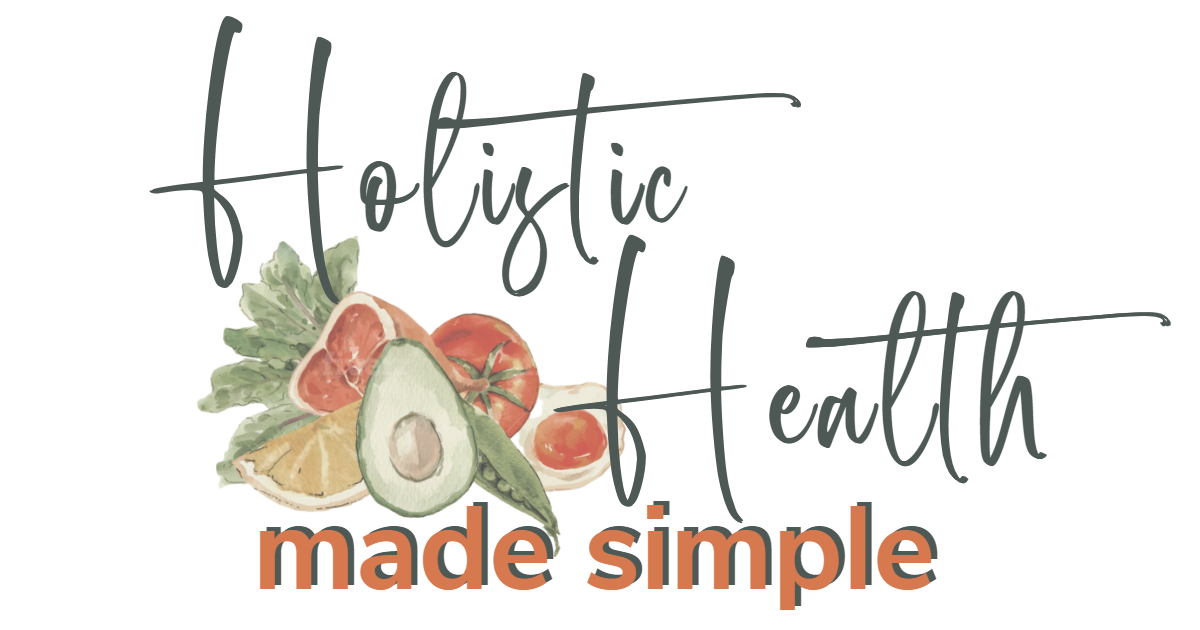Tips for Long Term Weight Loss
As we approach the New Year, the buzz around resolutions and health transformations is hard to ignore. I get it; the allure of a fresh start is exciting, and the idea of a “New Year, New Me” is enticing. But before you dive headfirst into the latest trends and fads, let’s talk about setting ourselves up for success in a way that’s sustainable and realistic.
The Power of Starting Fresh
While some influencers may insist that there’s nothing special about January 1 and advocate for starting today, there’s actual science supporting the significance of milestones. Research suggests that key dates, like the beginning of a new year, provide a psychological advantage, creating a clear distinction between our past and future selves. This mental shift aids in behavioral changes, making it easier for our brains to embrace the idea of a fresh start.
Choosing Your Starting Line
Now, I’m not here to pressure you into starting right this moment. Instead, take the time to figure out your goals, understand the changes you need to make, and plan your starting point. Trust me, when your mind is aligned with your goals, success becomes a lot more achievable. So, whether you choose January 1, a Monday, or any other significant date, make it a deliberate decision based on your readiness.
Sustainable Dietary Changes
Embarking on a weight loss journey involves not just reaching your goals but maintaining them. Beware of quick fixes and shiny objects promising rapid results. Consider whether the dietary changes you’re contemplating are sustainable for the long term. Can you see yourself following this plan or a modified version indefinitely? Sustainability is key to avoiding the pitfalls of reverting to old habits once your goals are achieved.
Red Flags in Diet Plans
When evaluating diet plans, be cautious of those that rely on special shakes, pills, or packaged foods you must purchase to participate. These are often quick fixes and rarely sustainable. A successful plan should focus on real, whole foods and empower you with the knowledge and tools to make informed choices independently.
The Myth of Moderation
Not all plans advocating moderation are universally effective. Understand your body’s tolerance, identify food sensitivities, and recognize that a one-size-fits-all approach may not be suitable for long-term success. A sustainable weight loss journey involves more than just counting calories; it’s about optimizing your metabolism and nurturing your body with the right nutrients.
Empowerment Through Education
Whether you’re working with a coach, nutrition practitioner, or following a program, ensure that it provides education on the how, what, and why of dietary and lifestyle changes. A successful plan should equip you with the tools to make choices tailored to your unique needs, fostering a healthy relationship with food.
Embracing the Journey
Remember, weight loss is not a linear process. It requires patience and a long-term perspective. Think beyond fitting into skinny jeans; prioritize health and adaptability. What worked in your 20s may not work in your 50s, so learn to protect your metabolism and utilize effective tools strategically.
A Plea for Self-Love
Lastly, approach all changes—from diet to exercise to lifestyle—from a place of love, not punishment. Taking care of your health is a privilege, not a chore. Shift your mindset, stop dwelling on sacrifices, and focus on the energy and experiences gained through a healthier, thriving you.
In conclusion, embrace the journey, set realistic goals, and make choices that resonate with love and self-care. Wishing you a vibrant and healthy New Year filled with sustainable transformations!
